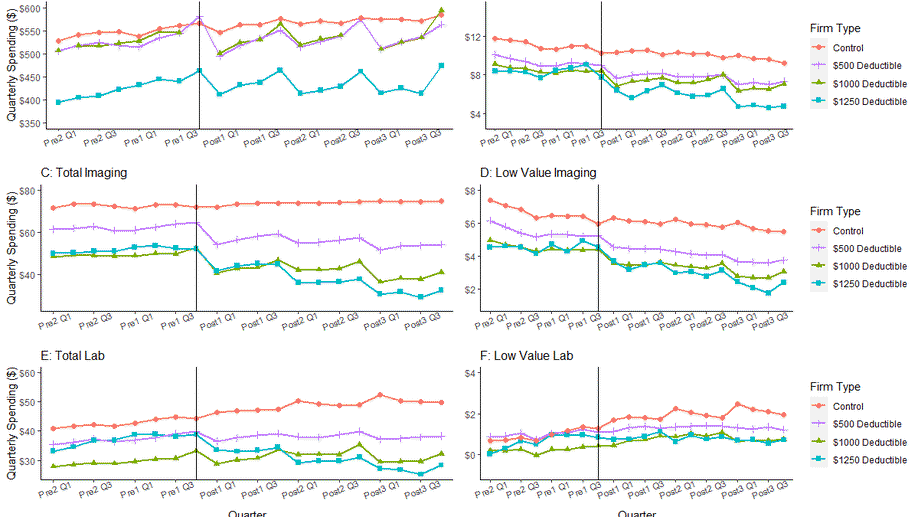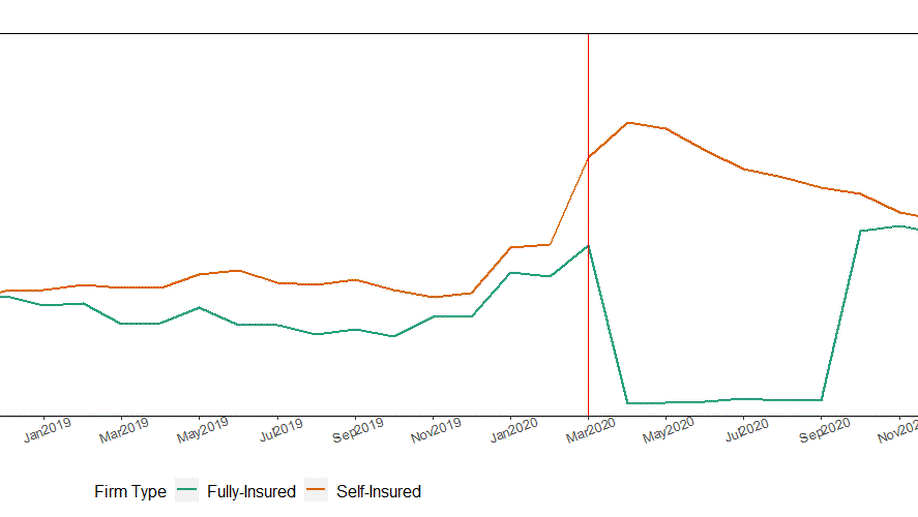Brendan Rabideau
Associate
Analysis Group
Biography
Dr. Rabideau is a Health Economist and an Associate at Analysis Group. He has broad experience in health policy and health economics and outcomes research, as well as expertise in applying modern econometric methods to observational data. His research has included studying the effects of U.S. health policies on healthcare resource utilization, spending, and provider practice patterns, the impact of health plan benefit design on patient demand and health outcomes, the effects of direct-to-consumer-advertising of pharmaceutical products on patient behavior, and program evaluation of Medicare initiatives. His work has been published in a number of peer-reviewed journals and presented at the Congressional Budget Office, National Institute of Mental Health, and conferences in health economics and public policy. Dr. Rabideau received his Doctor of Philosophy degree in Health Economics and Policy from the Johns Hopkins Bloomberg School of Public Health and his Bachelor’s degree in Neuroscience and Philosophy from the University of Southern California. In his free time, he enjoys hiking, live comedy, and exploring the LA food scene
Interests
- Health Economics / HEOR
- Pharmacoepidemiology
- Applied Micro
Education
-
PhD in Health Economics & Policy, 2022
Johns Hopkins University
-
BA in Neuroscience and Philosophy, 2013
University of Southern California

